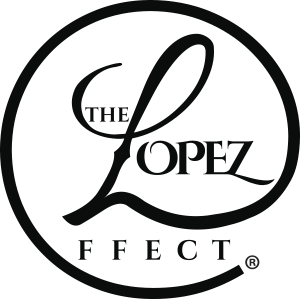
17 Mar Moral and Ethics: Why do we need to teach this now more than ever?

Should schools teach ethics and moral education in our classrooms? Without hesitation, my answer is YES! But I must admit, it has been a struggle for me to formulate a response to this answer without it becoming complicated. I guess I will start by saying this, people make their decision based on their personal values. The result of Brexit, the rejection of the peace agreement in Colombia and the 2016 United States election, clearly indicates that there are a group of people disheartened with the political system who wanted to be heard and used their votes to demand change. But choosing right from wrong is subjective and the effects are not only alarming, but may lead to the destruction of our social system.
As a principal, I have toiled with the question of whether our education system is to blame for what is the rise of populism, I will have to admit that in many ways it has, indeed. Let me be very clear when I say, education isn’t the only factor, but the reality is that the focus on high stakes exams and the changes in standards that I have witnessed over the years, has robbed teachers from the opportunities of building empathy, respect, acceptance, love, and understanding through curriculums that are rigid and data driven. We do not teach lessons to our children that would allow to explore and analyze the similarities and differences of people from various religions, race, socio-economic status, gender identity or sexual orientation. Nor do we include real life situations for children to grapple with that focus on political and community issues allowing children to share their views, engage in research to create evidence based arguments, and develop tolerance for others personal views.
Our classrooms have become assembly lines that produce young adults unable to synthesize information or challenge the status quo because these skills are no longer cultivated in our classrooms. The role of education is to produce citizens who contribute to to society and are equipped with strategies used to determine what is fact versus fake information. They must also evaluate the implication of voting and how it affects policies and influences that narrative in the media. For educators the greatest challenge is figuring how where this would fit into a curriculum designed to prepare children for exams that are qualitative, rather than consideri the quantitative development of a child.
At Mott Hall Bridges Academy, my team and I have taken on the responsibility to educate our scholars to become critical thinker and socially aware of their responsibility to be engaged in the political process and develop empathy for those in their community. Here are five ways we accomplish this:
- 21st Century Curriculum: Scholars must engage in real-world life situations whether it’s through project based learning or teacher facilitated-scholar led discussions. Teachers are challenged to not to focus on test taking skills, but strategies that scholars will need to navigate through life, which requires problems solving, critical thinking, team building, and having empathy to understand others.
- Champion Advisory: Our school has low parental involvement, as a result, many of our scholars don’t receive the guidance that they need to prepare for their future, assimilate to various situations or environments they may encounter. Therefore, each adult in our school has been assigned twelve scholars that we must advise a and support their social-emotional development. We are charged with helping children understand how choices lead to consequence in the context of using their moral compass when making decisions and whether it is ethical.
- Remix Social Studies – When history is taught, we use a thematic approach to help children understand the connections with how people rise to power, the impact of media communications to push an agenda that influences society, and how indigenous or marginalized people of a community can be exploited and treated unfairly for centuries.
- Study the Socials– Children need to know how to navigate social media, which is an open platform that allows unregulated information to be share every second of the day. Fake news can be used as propaganda to steer an agenda that influence people through fear and doubt.
- Leadership Makes the Difference – I challenge my teachers to think out-of-the-box and educate our children beyond the test. It is important for me to make sure that my staff is also informed and engages in rich discussions about policies, politics and the implications they have on education and our scholars’ future.

